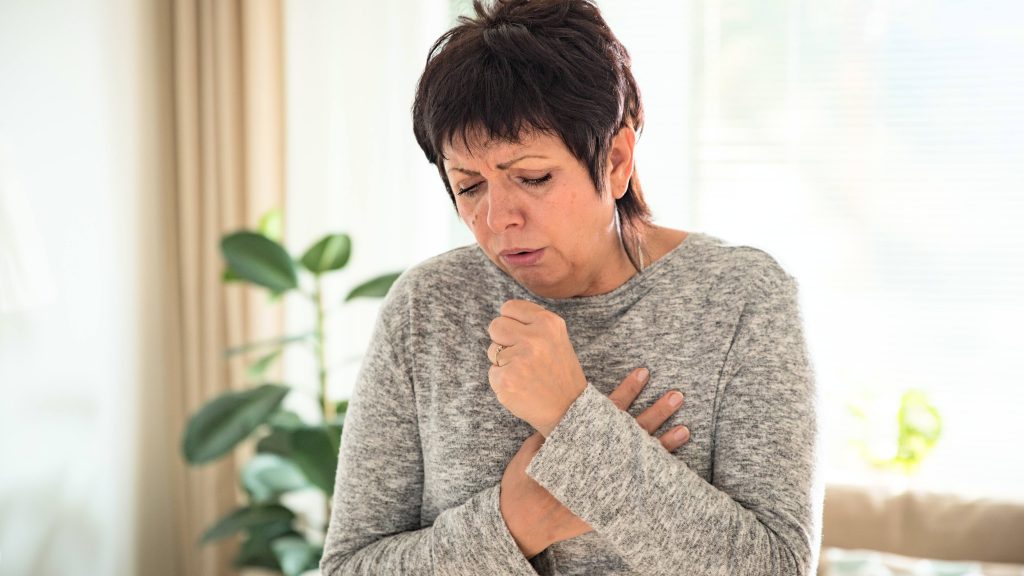-
Featured News
(VIDEO) Flu, COVID-19, RSV on the rise

It's a post-holiday surge. The Centers for Disease Control and Prevention (CDC) reports the number of people seeking care for acute respiratory illness is at a high level.
The latest nationwide numbers show that emergency department visits for flu, RSV and COVID-19 are all increasing. RSV, in particular, is very high in many areas, especially among young children.
Dr. Matthew Binnicker, director of the Clinical Virology Laboratory at Mayo Clinic, says the surge is not unexpected. "We are in what's called respiratory virus season right now, which basically runs between the beginning of November and the end of February. We typically see increasing rates of viral infections like influenza or respiratory syncytial virus (RSV), and, since 2020, COVID-19."
Dr. Binnicker says the symptoms of all three of those viruses can overlap, especially early on, so you probably wouldn't know which virus is causing your illness based on how you're feeling. That’s why he stresses the importance of testing. "My recommendation and guidance has been: If you start to feel ill, if you have a sore throat, cough, fever, maybe some body aches, and you have a COVID-19 antigen test at home, take that. If it's positive, you have COVID-19, and you could call your doctor if you have risk factors. And they may think about putting you on an antiviral," he says.
Watch: Dr. Matthew Binnicker discusses acute respiratory illness
Journalists: Broadcast-quality sound bites are available in the downloads at the bottom of the posts. Name super/CG: Matthew Binnicker, Ph.D./Laboratory Medicine and Pathology/Mayo Clinic
If the COVID-19 antigen test is negative, Dr. Binnicker says you still might want to make an appointment with your healthcare team because "they can order up a test that looks for all three of those viruses. They'll get a swab, they'll send it to the lab, and they'll be able to do a molecular or PCR test that will test for COVID-19, RSV, influenza A and influenza B — all in the same test — and be able to tell you if you're infected with one of those viruses."
He says that's a good step because therapies can be considered now for COVID-19, influenza and even RSV in some populations.







